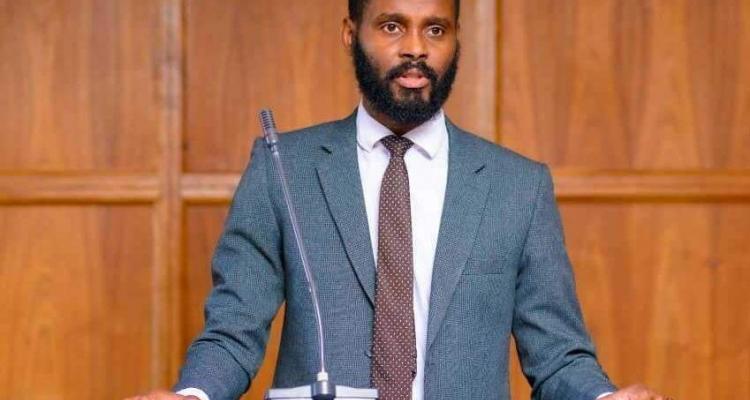
A call has gone out to the Church and all religious institutions in the country to be in the forefront in advocating for abolition of death penalty in Malawi and across the global.
Human rights lawyer Alexious Kamangila made the call on Wednesday, November 22, during a special program aired on Radio Maria Malawi about the role of the church on death penalty abolition advocacy.
Kamangila who is a Reprieve Fellow, said all religious institutions in the country and across the globe need to be in the forefront of advocating for abolition of death penalty, claiming God does not tolerate vengeance as Romans 12:19 (KJV) states: “Dearly beloved, avenge not yourselves, but rather give place unto wrath: for it is written, Vengeance is mine; I will repay, saith the Lord.”
While quoting the biblical story of Cain (on Genesis chapter 4) who murdered his brother Abel, Kamangila said God was the first to be against death penalty when he only punished Cain by condemning him to a life of wandering and ordered that whosoever kills Cain for his sin, will suffer vengeance seven times over.
“The church doctrine is inspired by the word of God and the Church has the responsibility to teach its members, including good human behaviours. So, you can see that in the book of Genesis God refused to impose a death punishment on Cain who fear being murdered after he killed his brother Abel. God even put a mark on Cain so that no one who found him would kill him for murdering his brother.
“People use the old testament as justification that whosoever murders, should be murdered too, but you can see from this book that God is against death punishment. And even Moses killed an Egyptian but God protected him and he was used to save the Israelites from Egypt.
“As far as the New Testament is concerned, Jesus abolishes ‘an eye for an eye’ saying that was said to them because they were an unruly people. The story of the woman caught in adultery was brought to Jesus before being executed by stoning. Jesus called for abolition of the death penalty when he said, he that hasn’t sinned, let him be the first one to cast the first stone. Of course, Jesus suffered the Death Penalty,” explained Kamangila.
He further said the bad part of capital punishment is that it favours a certain group of people which he said is against religious beliefs which encourages equal treatment for everyone, hence calling the church to stand united in fighting for the abolition of death penalty both in Malawi and the globe at large.
“You can see that this death penalty favours a certain group of people, so the church has the responsibility to take care of the poor, the marginalized and the vulnerable because these are the groups of people who usually get capital punishment, unlike those with influence, they are always spared,” explained Kamangila.
Kamangila then called on the Legislature to act by putting Malawi’s Abolition of the death penalty by practice (de facto moratorium) into law (de jure abolition).
He continued by arguing that the fact that no Malawian President has signed a death warrant since 1992, indicates that the law is not necessary hence calling for its abolition and he has since suggested life imprisonment as a befitting punishment for murder suspects.
People who called in the phone-in program to make some contributions on the topic were also in support of death penalty abolition in Malawi. Nevertheless, one person was inquisitive on what could be a reasonable punishment for murderers.
The call to the church comes at a time when several modern Church figures such as Pope John Paul II, Pope Francis, and the United States Conference of Catholic Bishops have actively discouraged the imposition of the death penalty and advocated for its abolition globally.
On 28 April 2021, the Supreme Court of Malawi ruled that the death penalty was unconstitutional, thereby abolishing it, however, in a twist of events, the court made a U-turn on the matter saying the issue was never brought before the court for consideration.
Recently, the Women Caucus of Parliament through its Chairperson Roseby Gadama was the latest to back up calls to abolish the death penalty in Malawi, arguing that the death penalty process is torturous, barbaric and inhumane.













